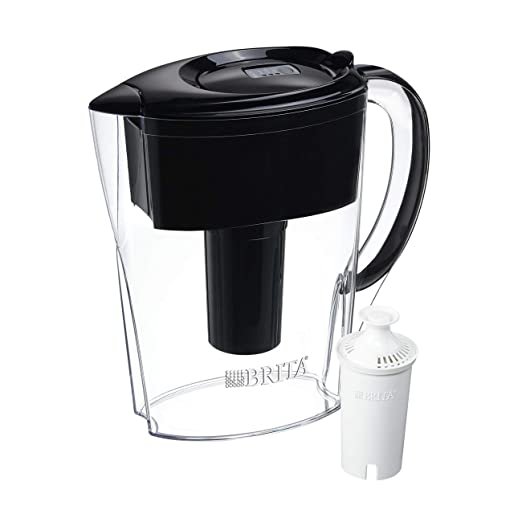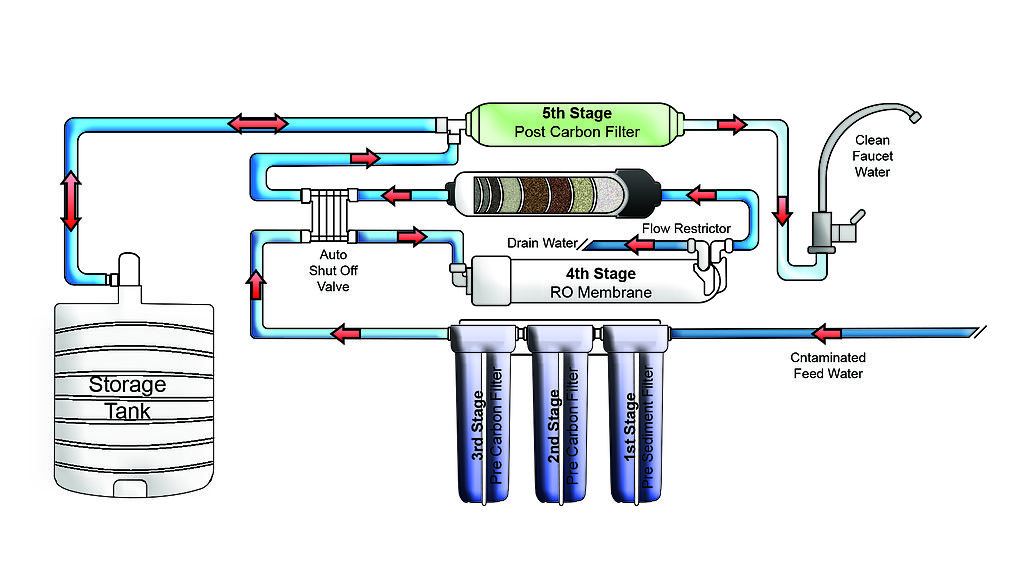3. Water Treatment Systems: 3 Options
When considering whole house water treatment systems, you have several options, each with its pros and cons.
Whole House Water Treatment System
A comprehensive solution that treats all the water entering your home, ensuring consistent quality throughout.
Pros: Treats water for the entire house, protects plumbing and appliances, improves overall water quality, and reduces contaminants.
Cons: High initial cost, requires professional installation, regular maintenance needed.
Under-Sink Water Filters
These filters are installed under individual sinks to treat water at specific points of use, such as kitchen or bathroom sinks.
Pros: Targeted treatment, relatively easy to install, and affordable.
Cons: Only treats water at specific locations, requires multiple units for whole house coverage, regular filter replacement needed.
Faucet-Mounted Filters
Faucet-mounted filters attach directly to the faucet, providing treated water on demand.
Pros: Easy to install, portable, and affordable.
Cons: Limited capacity, may not fit all faucets, and regular filter replacement needed.
Conclusion
Choosing the right water treatment solution depends on your specific needs, water quality, and budget.
Whole house water treatment systems offer comprehensive benefits but comes with higher costs and maintenance requirements.
Under-sink and faucet-mounted filters provide targeted treatment at a lower cost but may not address all water quality issues.
Understanding the pros and cons of each option will help you make an informed decision for your home’s water treatment needs.
For more information, you can refer to these pages: Consumer Reports and Better Homes & Gardens.













